For plastic parts in CNC machining, we have the following main thermoplastic families:

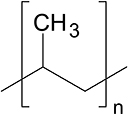
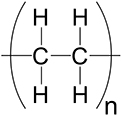
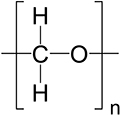
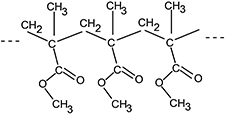
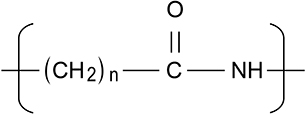


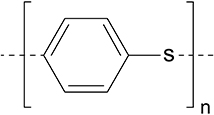
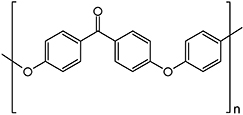
Concerning metals, we can produce in CNC machining with the following materials:
For vacuum casting, we mainly work with the range of materials made by Axson and Heicast. We have resins to simulate the main families (PA, POM, ABS, PC, PP, etc.):
PX 100, PX 118, PX 5211 (PX 521HT), PX 5212, PX 5210, PX 527, UPX 8400, PX 212 (UP 5690), PX 223HT, PX 2017, PX 220 (UP 4280), UR 2180, XU50, 8260. Concerning elastomers (EPDM), we can make different shores (hardness) ranging from 50 to 90.

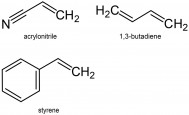
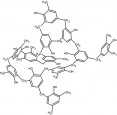
 Steel
Steel Aluminum
Aluminum
 Brass
Brass
Comments (6)
Do you do manufacturing with recycled plastics or only HDPE, etc?
Which is more cost effective, vacuum casting or injection moulding?
Hello Stuart,
Thank you for your comment !
We can use recycled and non recycled plastic materials for injection molding.
Vacuum casting will more cost effective for small batches (up to 200/400 parts, no front cost) ; injection molding will be more interesting for large batches (more than 400/500 parts, front cost).
Prototech Team
I am seeking to have a short production/prototype run of parts made in quantities up to 100. Can you please provide me contact details for sending through information to facilitate quoting. I would be happy to receive advice concerning material selection and best prototyping process.
Our product is a small drive box that will contain oil inside and be exposed on the outside to fertilisers and other chemicals. The internals of the box will need fine tolerances for mounting bearings.
I look forward to hearing from you so that I can send through more information.
Kind Regards,
Joshua
Engineer
Simplicity Australia Pty. Ltd.
Hi !
Thanks for your comment,
Following your demand, one of our teammate will contact you to discuss about your prototyping project.
Following the requirements, we advise to invest into a protomold that will allow you to produce several shots (up to 20k parts).
Then the advise material is POM or PC.
The Prototech Team
Hello I am exploring the idea of designing a mat for working out/exercise/yoga etc.
Can your proto-types be made in the material required example rubber (or the material most exercise mats are made from.
kindest Regards
Dear David,
Many thanks for your comment !
We do produce prototypes made of rubber material and elastomers parts. We would require to check your 3D files to estimate the feasability of the parts.
I will send you an email that you can share with us the details.
Have a great day !
Kindest Regards,
The Prototech Team